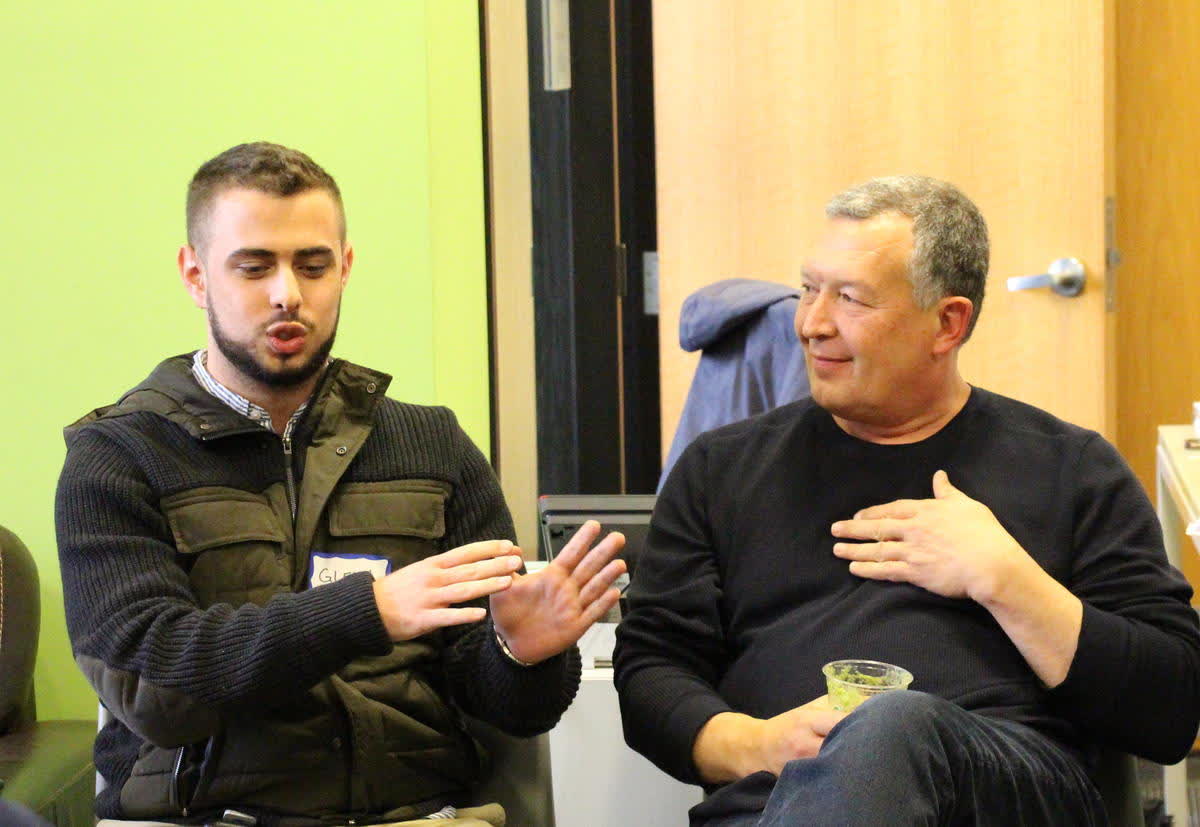RIP: Google engineer and data center pioneer Luiz André Barroso passed away on September 16 at the age of 59. Barroso started working for Google in the early 2000s and is credited with revolutionizing the data center industry with his unconventional ideas. Barroso was also an accomplished guitar player and published author, having recorded musical albums with legendary musicians and co-written "The Datacenter as a Computer" with Google fellow Urs Hölzle.
Born and raised in Brazil, Barroso got his master's degree in Electrical Engineering from the Pontifícia Universidade Católica in Rio de Janeiro and pursued his Ph.D. in Computer Engineering from the University of Southern California. He worked for Digital Equipment Corporation in the 1990s before joining Google in 2001. He was also a fellow of the Association for Computing Machinery (ACM) and the American Association for the Advancement of Science, as well as a member of the National Academy of Engineering and the American Academy of Arts & Sciences.
Barroso's passing was mourned by Google CEO Sundar Pichai, who lauded the Brazil-born engineer for his achievements and remembered his illustrious legacy. In a post on X, Pichai hailed Barroso's contribution to the birth of modern cloud computing and thanked him for leading Google's computing infrastructure design. Pichai also said that the thing he will miss most about Barroso is their chats about nature, music, and soccer.
Unbearably sad to lose Luiz. He was behind so many of Google's technical achievements, writing the book on our data centers, leading the design of our computing infrastructure, and so much more. He was at the top of his field, earning ACM's highest honor in computer architecture.…
– Sundar Pichai (@sundarpichai) September 22, 2023
Another person who also mourned Barroso's passing is his friend and colleague, Urs Hölzle. In a heartfelt LinkedIn post, Hölzle remembered Barroso's contribution to public health during the pandemic and credited him for potentially saving thousands of lives by forging consensus around Bluetooth-based contact tracing. According to a Nature paper cited by Hölzle, Barroso's efforts could have saved as many as 10,000 lives in the U.K. alone.
Describing Barroso as "much more than a computer scientist," Hölzle noted his prowess with the guitar and his passion for nature photography. He also narrated stories about how Barroso once waited hours to capture photos of a burrowing owl, and how he just recently completed an album with musical legends Zeca Assumpção and Sergio Reze. He also described Barroso as a "modest" man who accomplished everything with "more grace and warmth than almost anyone."
For those who never had the opportunity to know Barroso, Pichai's and Hölzle's social media posts paint the picture of a true gentleman who was not only a pioneering computer scientist, but also a humble man whose skill sets went far beyond computers. According to them, Barroso was a dignified, humble, and self-effacing man who left a profound impression on those who had the good fortune of knowing him closely.
